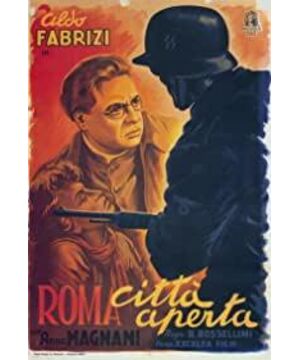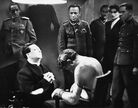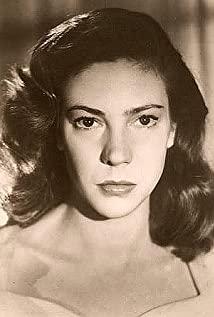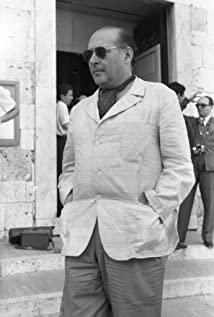It is said that "Rome, the Undefended City" is the pioneering work of the neo-realism genre of movies. Perhaps it was of far-reaching significance back then, but now it seems that there are no bright spots. The plot is very similar to the revolutionary heroism film in the early days of China's liberation, and with the dubbing of the dubbing, it is more like it.
What is interesting is that when the film praised the heroism of the Italian revolutionaries and portrayed the brutality of the German fascists, it also added some more humanized discussions: the discussion of the psychology of aggression, the reflection of the invaders on their own behavior.
The topic was aroused by the discussion of whether revolutionaries would confess, which led to a deep reflection on the German fascist aggression by an old German military officer.
"He will definitely recruit!"
" Will he recruit? If he doesn't recruit, it means that an Italian is no worse than us Germans." There is no difference between blood." "What's the point of our war?"
"Twenty-five years ago, in France, I executed a shooting. I was a young officer. I also thought we were a good nation, But French patriots would rather die than kill. Our countrymen just don't understand, people want to live on their own."
"I get drunk every day just to be confused, but I'm getting more and more aware that we have nothing else but Kill, kill, kill, we scatter dead bodies all over Europe, and from these graves grow hatred. Hatred, hatred everywhere, we will be torn to pieces by this hatred... hopeless, hopeless die ...... hopeless "
to look at the psychological war of aggression, maybe also" save slave nation, "and the like, is a kind of blind expansion of national feelings to a certain extent the consequences. However, they do not understand that there are differences between ethnic groups, but there is no pros and cons. Each ethnic group has the right to freely choose its own way of living, and others have no right to interfere.
This kind of reflection is not seen in those revolutionary films in our country, but it adds some layers to this film.
There is also a passage from the priest that is worth understanding: "Didn't God see it? How could God not see it? You always ask if God has seen it, and have you ever thought about whether your actions are in line with the path that God pointed out? ?"
View more about Rome, Open City reviews










